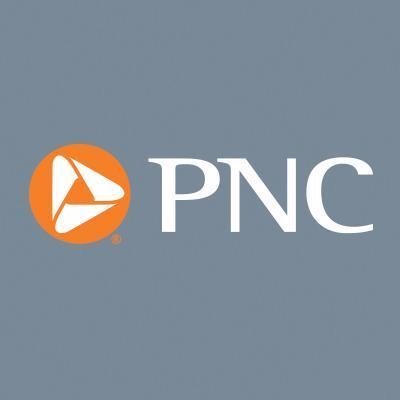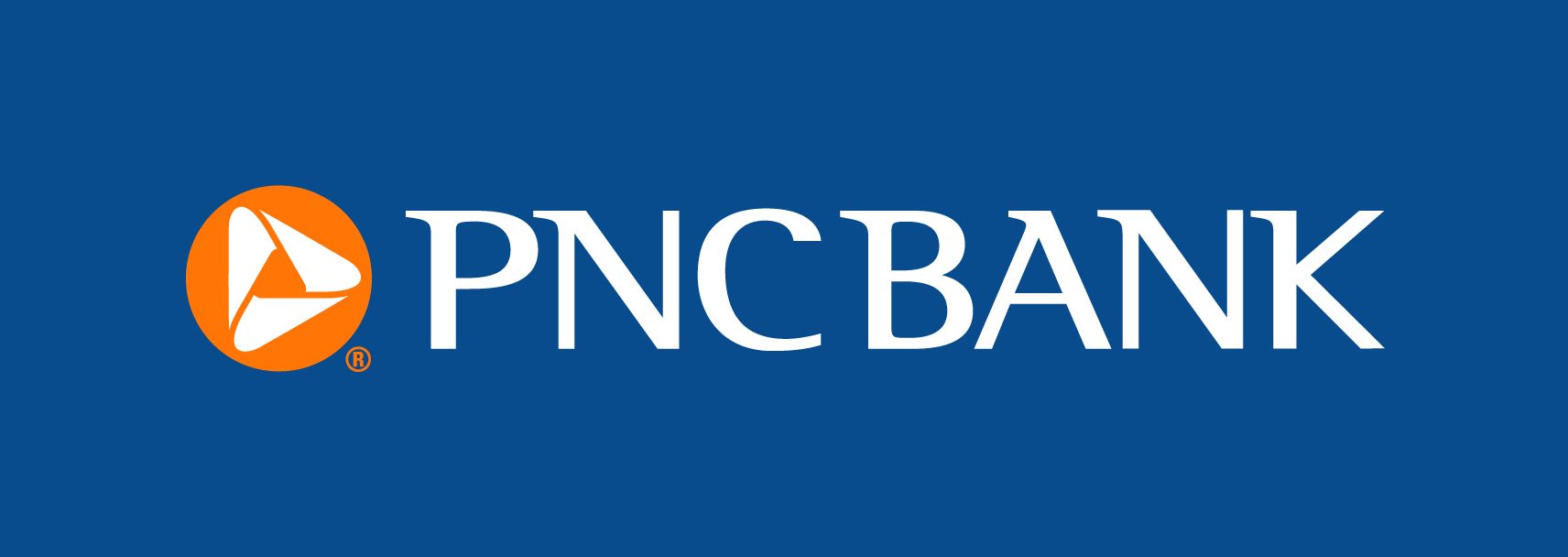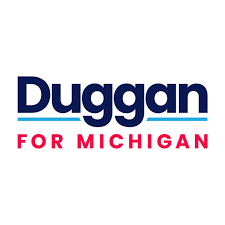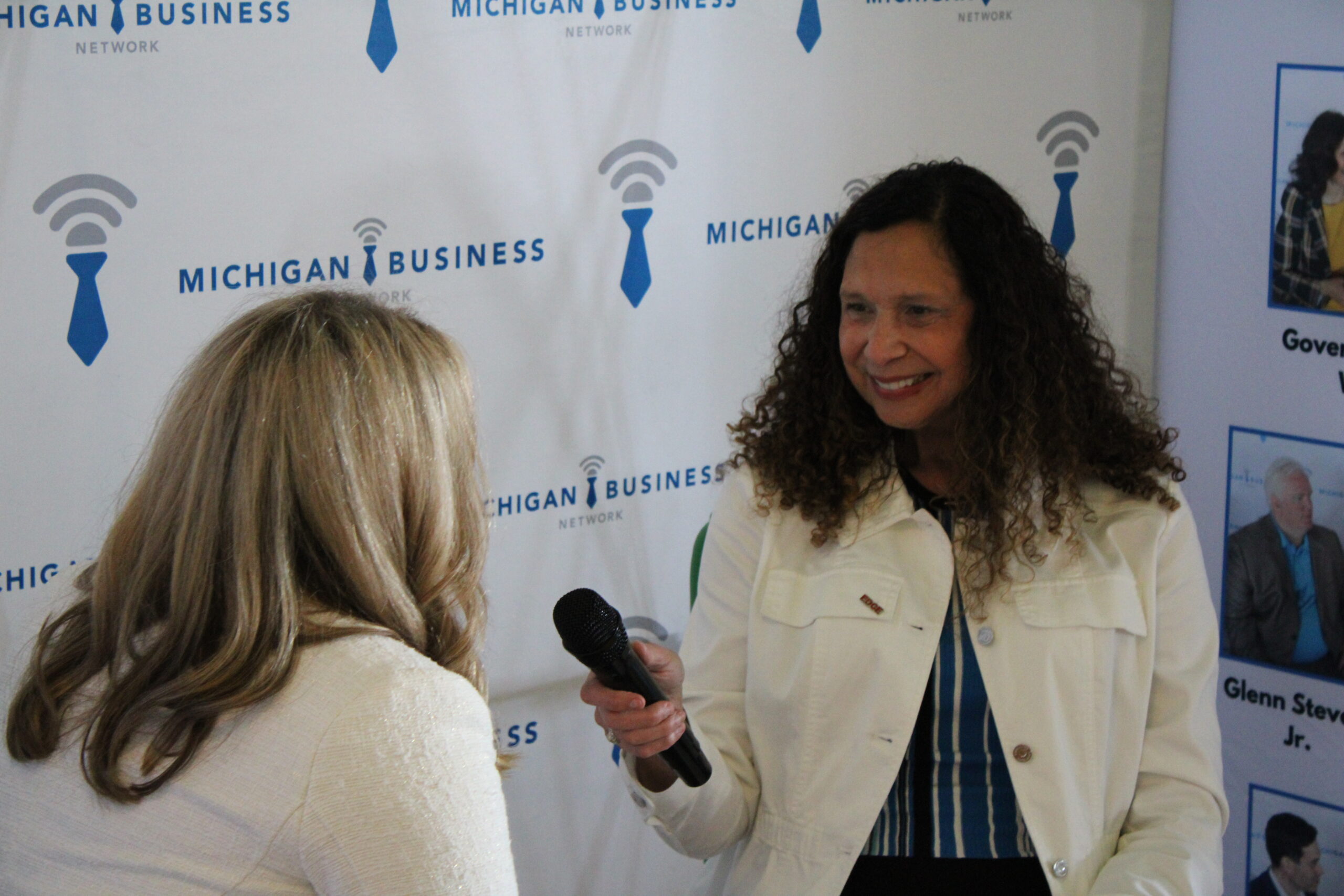 But Core Inflation Slowed
But Core Inflation Slowed
- Overall inflation accelerated somewhat on a year-ago basis in February, but core inflation slowed.
- Inflation will pick up over the next few months because of comparisons to spring 2020, when prices fell. Inflation will then slow again in the second half of the year.
- With inflation still low, PNC does not expect the Fed to raise the fed funds rate until 2023.
The overall consumer price index rose 0.4% in February from January, the largest one-month increase in prices since August 2020. Inflation in January was 0.3%. Energy prices rose 3.9% in February, pushing the overall index higher. A 6.4% increase in gasoline prices over the month accounted for one-half of overall inflation. Core inflation, excluding volatile food and energy prices, was a scant 0.1% in February; core prices have barely budged over the past few months.
On a year-ago basis overall inflation was 1.7% in February, up from 1.6% in January. This was the highest inflation since February 2020, before the pandemic hit the U.S. economy. Core inflation was 1.3% year-over-year in February, down from 1.4% in January, and 1.6% to 1.7% in the second half of 2020.
Outside of energy and a few other industries, inflationary pressures are MIA in the U.S. economy. Although prices are rising for a limited number of goods experiencing strong demand and supply bottlenecks, such as building materials, overall inflation is tame, and core inflation has slowed from the second half of last year. Businesses are finding it difficult to raise prices given still-weak demand, lots of capacity, and limited wage pressures in many parts of the economy.
Both overall and core Inflation will pick up on a year-ago basis over the next few months because of comparisons with 2020. Prices outright declined in the late winter and early spring of last year as the pandemic rocked the U.S. economy. But the acceleration in year-ago inflation will be transitory, and both overall and core CPI inflation will slow on a year-ago basis in the second half of 2021. Inflation will then pick up somewhat in 2022 as stimulus supports a strong economic rebound, giving businesses more pricing power.
The Federal Reserve’s primary inflation measure is the personal consumption expenditures price index, which tends to increase a touch more slowly than the CPI. The Fed wants inflation to average around 2% using the PCE price index; given that inflation has been below 2% for most of the past decade, the central bank wants inflation to move somewhat above 2% for a few years. Fed officials have already said that they will discount any acceleration in inflation over the next few months because they expect it to be transitory.
Instead, they have said that they will keep the fed funds rate in its current near-zero range until inflation is at 2% and looks set to stay there. That means that monetary policy will remain extremely aggressive for some time to come. PNC does not expect the Federal Open Market Committee to raise the federal funds rate, their key short-term policy rate, until late 2023.
The PNC Financial Services Group, Inc. is one of the largest diversified financial services institutions in the United States, organized around its customers and communities for strong relationships and local delivery of retail and business banking including a full range of lending products; specialized services for corporations and government entities, including corporate banking, real estate finance and asset-based lending; wealth management and asset management. For information about PNC, visit www.pnc.com.









